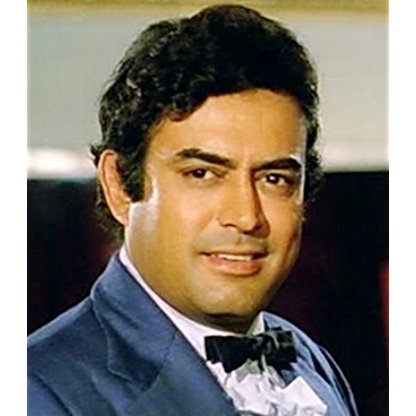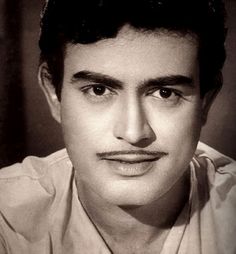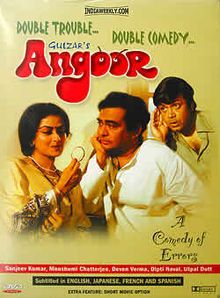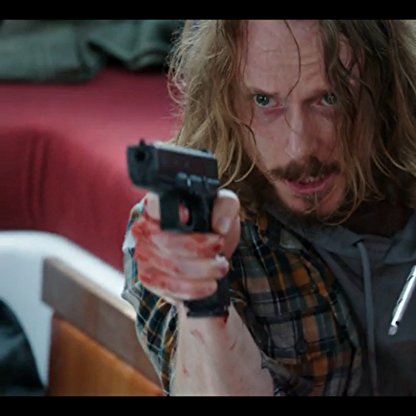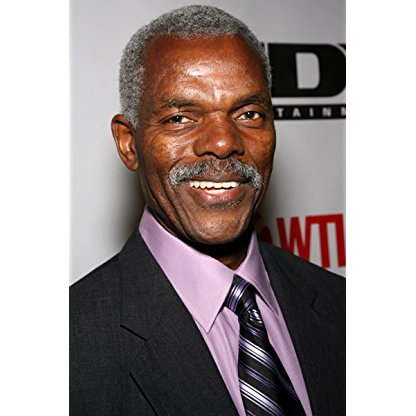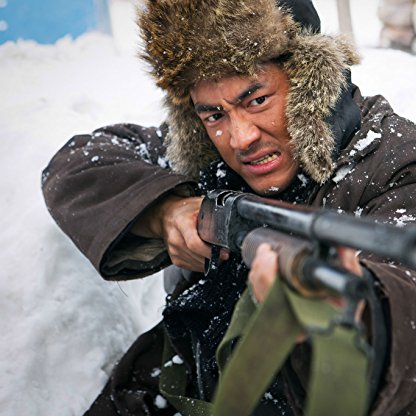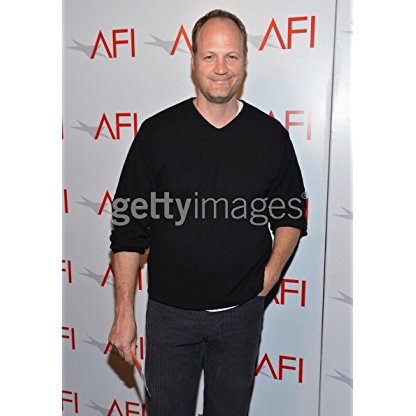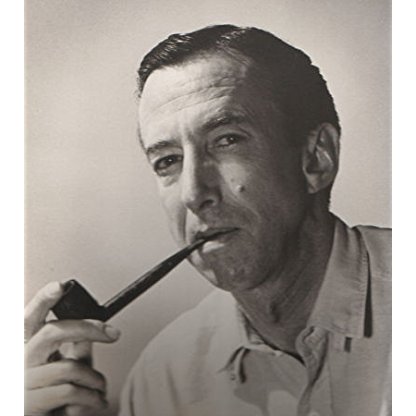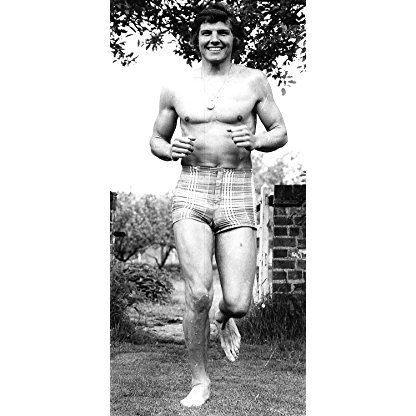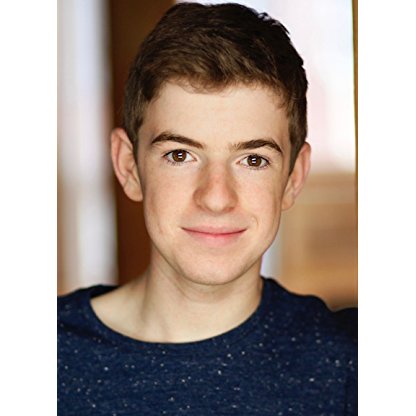He did three films opposite famous Tamil Actress L. Vijaya Lakshmi, including Husn Aur Ishq and Badal which became hits. Their first film was Alibaba Aur 40 Chor which was unsuccessful. His Raja Aur Runk, released in 1968, was a great success. He did Kangan, Rivaaz, Zindagi, Beraham, Archana and Do Ladkiyan opposite Mala Sinha. He did Priya, Anubhav, Gustaaki Maaf, Bachpan and Khud-Daar with Tanuja. He was paired with Rakhee in Angaare, Paras, Trishna, Shriman Shrimati and Hamare Tumhare. His hits with Leena Chandavarkar included Apne Rang Hazar, Manchali and Anhonee. He was paired regularly with Sulakshana Pandit in films such as Uljhan and Waqt Ki Deewar and with Moushmi Chatterjee in Itni Si Baat and Daasi.

